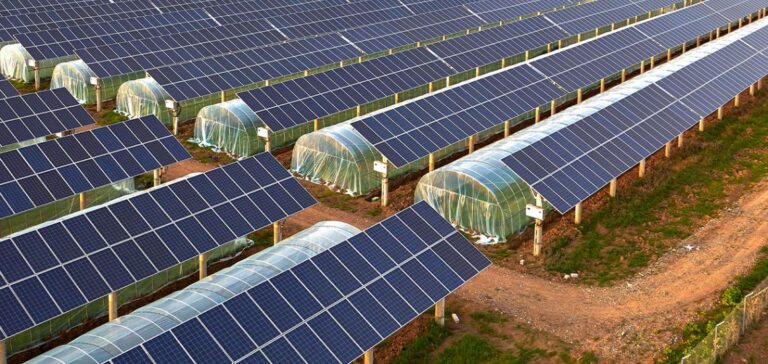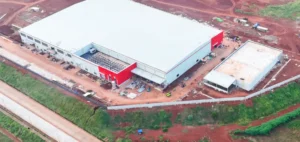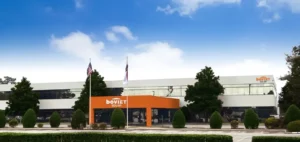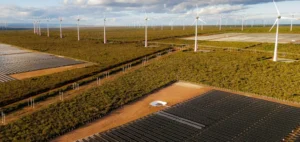The draft law aimed at regulating the development of agrivoltaics, adopted by the Economic Affairs Committee of the National Assembly, has raised strong objections from the Renewable Energy Syndicate (Syndicat des énergies renouvelables, SER). The bill, sponsored by Member of Parliament Pascal Lecamp, is still subject to a plenary session review. However, the SER warns that the articles currently retained in the committee’s version would undermine the sector’s viability in France.
Disputed technical thresholds
Article 2 introduces a cap of 10 megawatt-peak (MWp) of installed capacity per agricultural holding, while limiting the agrivoltaic installation to 30% of the farm’s utilised agricultural area. Additionally, the Departmental Commissions for the Preservation of Natural, Agricultural and Forestry Areas (CDPENAF) would be authorised to impose lower thresholds based on local criteria, including crop types and geographic specificities. The SER challenges this delegation of authority, citing legal fragility and incompatibility with the law aimed at accelerating the production of renewable energy (loi APER), the effects of which have yet to be assessed.
Economic model under scrutiny
The uniform cap on installed capacity per farm could, according to the SER, restrict project access to a small number of farmers located near power substations, mainly in southern departments. Such geographic concentration may cause territorial imbalances and raise concerns about public acceptance at the national level.
Standardised contracts and economic freedom
Article 3 imposes a single contractual model between farmers and developers, which the SER views as a violation of the constitutional principle of contractual freedom. This provision would reduce the flexibility required by operators to tailor contract terms to specific project and regional conditions.
Transparency mandated for private models
Article 6, added during committee discussions, requires the submission of a report to Parliament outlining value-sharing among stakeholders, including economic data from private operators. The SER questions the compatibility of such a provision with entrepreneurial freedom and competition law.
Jules Nyssen, President of the Renewable Energy Syndicate, stated: “We are at a decisive, existential, and serious juncture for agrivoltaics in France. If the National Assembly adopts the version of the text voted today by the Economic Affairs Committee, it will mean the end of one of the most competitive solar segments.”






















